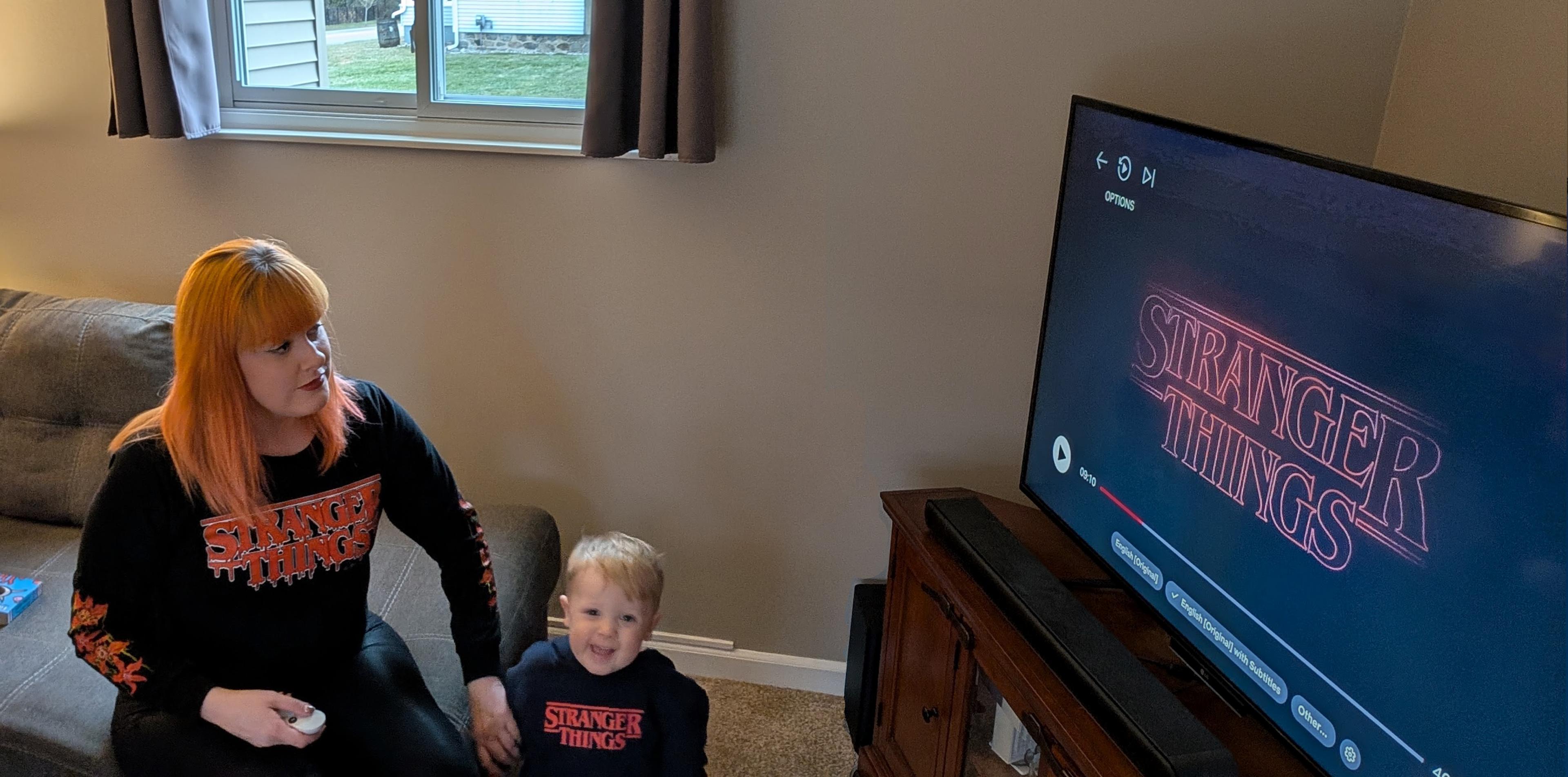How to Turn FOMO into JOMO
Shandra Martinez
| 3 min read

Over the last several years, a lot of us have probably found ourselves sucked into FOMO behavior without even knowing it. Dubbed the “Fear of Missing Out,” this feeling is what makes you want to join the latest Facebook photo challenge, get takeout from the little place downtown that everyone is talking about, take a selfie with a specific backdrop, or try something trendy like kale chips – even though you are pretty sure you won’t like them. But now that society has embraced FOMO, how do we take a healthier step and turn that into JOMO? Let’s look at how to achieve the Joy of Missing Out.
FOMO has become pervasive in our social media and culture, and it may have reached a new height early in the pandemic when toilet paper began flying off store shelves at an alarming rate in mid-2020. Quite literally, shoppers would go into supermarkets some days and find there was not a square to spare. Psychologists blamed FOMO. They suggested some people stockpiling toilet paper and other items produced a surge of copy-cat behavior from others who did not want to get left behind, according to several news articles about the phenomenon. The TP shortage became an alarming statement on how far people were willing to go with FOMO.
What is JOMO? In contrast, mental health experts say JOMO is just the right antidote to our society’s misplaced feeling that we constantly have to keep up with – or surpass – everyone else. An article in Psychology Today describes JOMO as a type of mindfulness that spreads across your lifestyle and your choices. It’s deliberately removing the pressures of things that in the past you thought you “should” do and examining whether it’s something you want to do. It may seem like this moves you into the slow lane, and that you are missing out on some things you have always done. That could be an uncomfortable feeling at first. But this switch also provides time to assess the choices that you are making. It frees you up mentally to do less, take longer breaks from your tech devices, and enjoy not being so rushed. For many people, the pandemic has given them the perfect window to scale back on these unwanted tasks.
Here are some ways to get started:
Get comfortable saying no. We all feel pressured to do things we don’t really want to do, whether it’s meeting someone for coffee or volunteering for the latest project that’s put in front of us. Stop saying yes automatically. Consider whether you really want or need to do it. If you’re tempted to do it just because you think other people expect it, that’s an especially good reason to decline.
Pencil yourself into your schedule. Work meetings, volunteer shifts, family obligations all eat up big chunks of our daily calendars. Practice JOMO by making time for yourself a priority. This could mean solo time at the gym, a book and a glass of wine, or simply an extra hour to get creative in the kitchen and try a new recipe you’ve been excited to make. If you are taking other FOMO items off your plate, it leaves more time for you.
Take social media breaks. Whether you leave your social media feeds behind for a week, or just set some no-tech hours after dinner each day, getting off this online FOMO instigator is a step in the JOMO direction. Take deliberate action to stop getting so caught up in what other people are doing or saying – or what they’re humble bragging about – and use that time to focus on things that are meaningful to you.
Related:
Photo credit: Getty Images





